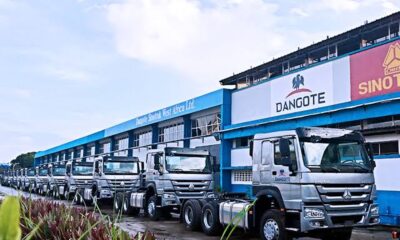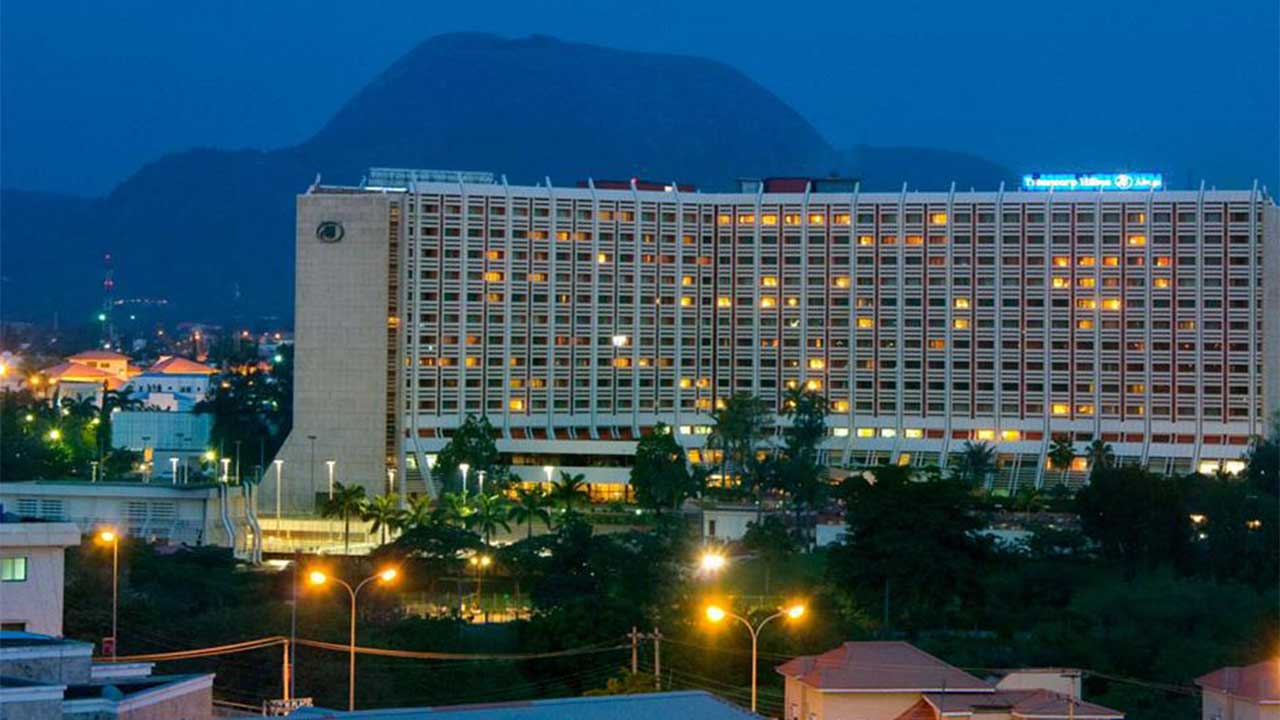Business
Dangote $2B Petrochemical Plant To Produce 77 Grades of Plastic Products

Company News
Dangote Refinery Continues Price Slashing: Diesel Now at ₦940/Litre, Aviation Fuel at ₦980/Litre
Appointments
First Bank of Nigeria Appoints Olusegun Alebiosu as Acting CEO Following Resignation of Dr. Adesola Adeduntan
Business
Transcorp Hotels to Launch 5,000-capacity Event Centre, Eyes Pan-African Presence
-

 Forex3 weeks ago
Forex3 weeks agoZiG to the Rescue: Zimbabwe Shifts Gear with New Currency Backed by Gold
-



 Naira2 weeks ago
Naira2 weeks agoDollar to Naira Black Market Today, April 9th, 2024
-

 Billionaire Watch2 weeks ago
Billionaire Watch2 weeks agoNigerian Billionaire Tony Elumelu Contemplates Acquiring NPFL Club
-





 Naira2 weeks ago
Naira2 weeks agoDollar to Naira Black Market Today, April 8th, 2024
-





 Naira2 weeks ago
Naira2 weeks agoNaira Hits Eight-Month High at 1,120/$ Amidst Central Bank Reforms
-





 Naira4 weeks ago
Naira4 weeks agoDollar to Naira Black Market Today, March 26th, 2024
-



 Naira1 week ago
Naira1 week agoDollar to Naira Black Market Today, April 17th, 2024
-

 Banking Sector4 weeks ago
Banking Sector4 weeks agoSafaricom, Access Holdings Forge Partnership to Revolutionize Remittance Corridor in Africa


















